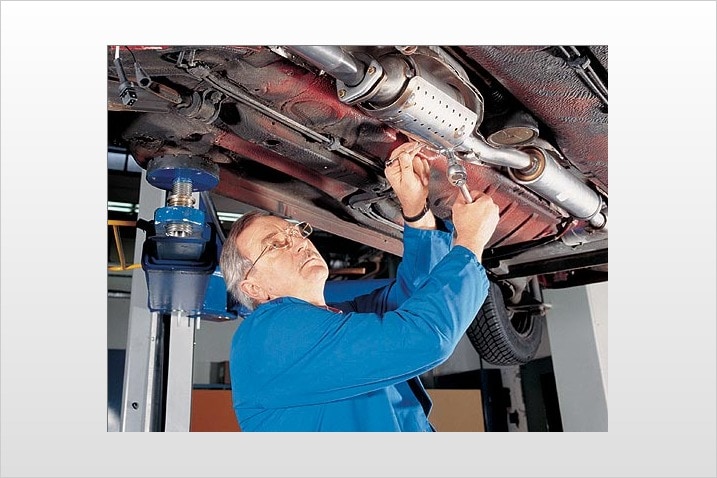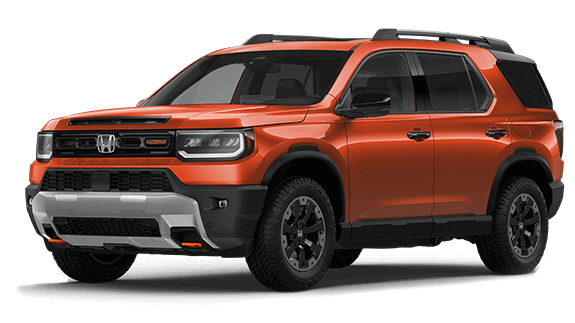You're at the car dealership about to exchange a significant amount of money and a slew of signatures for a new (or new-to-you) vehicle. The heavy lifting may be done, but the job isn't quite complete. You still need to decide whether you want to buy an extended warranty.
This article's intent isn't to tell you if purchasing a warranty is a good or bad decision, although we do have tips that might help you decide if an extended warranty is right for you. Instead, this is designed to help you understand the differences between options you'll be offered if you decide you'd like longer-term protection.
But first, a disclaimer: The term "extended warranty" is actually a misnomer since it isn't really a warranty at all. An extended warranty is actually an insurance policy on your vehicle, a safeguard against expensive, unforeseen repairs. It covers repairs for an agreed-upon period of time and miles. True warranties, though, are included in the price of the product. Extended auto warranties are really vehicle service contracts because they cost extra and are sold separately. But to avoid confusion, we will continue to use the term extended warranty since that's the term you'll hear most often.


 by
by 
